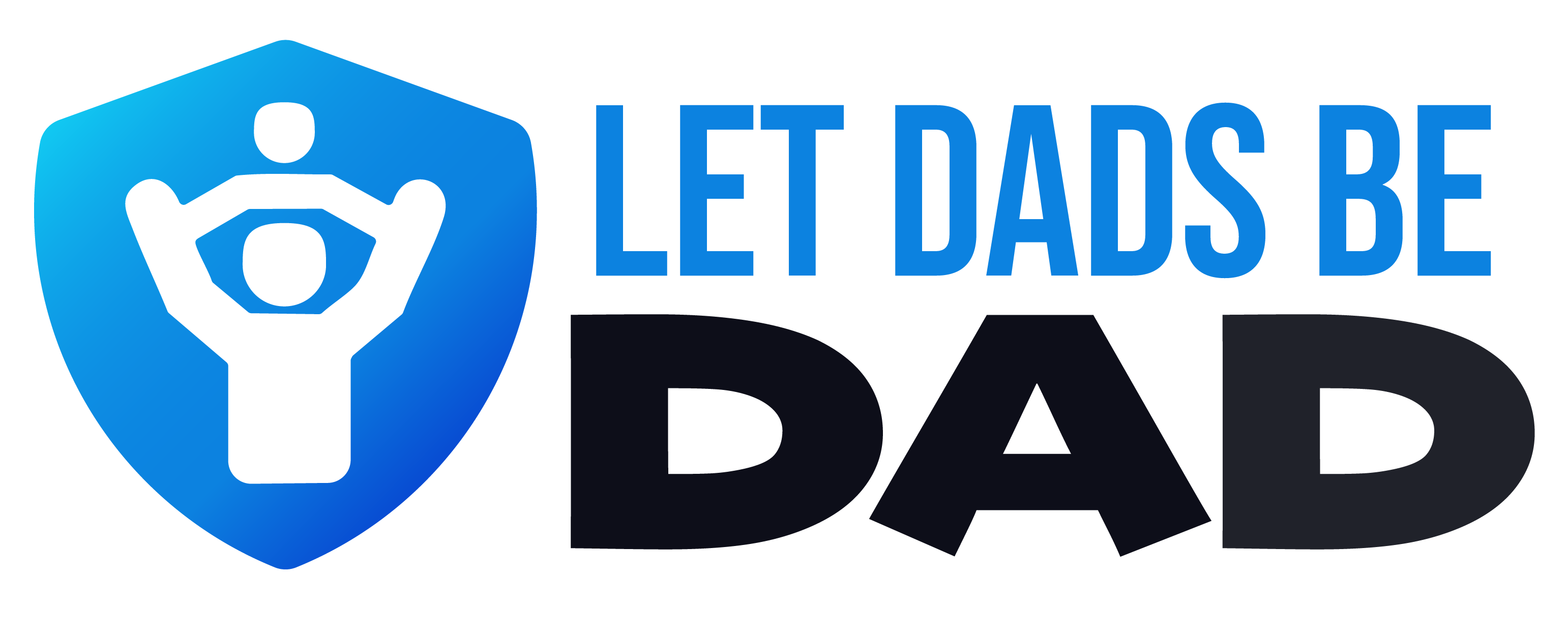This Mindfulness Practices Can Help You Get a Job — Really
— Oscar Wong/Moment/Getty Images
Job hunting is no picnic, especially these days, when you’re potentially competing with hundreds — even thousands — of other job seekers. Watching the number of applicants swell as soon as a new job is posted can be disheartening, and if you’re not careful, it can pull you into a vicious spiral that begins with questioning your qualifications for a given job in your field and ends with questioning your self-worth.
But, a new study from researchers in Switzerland provides a glimmer of hope for the unemployed or underemployed masses. A small tweak to your daily routine may boost your chances of receiving that coveted job offer, and it’s well within reach of anyone: 15 minutes of self-reflection a day. That’s it. Here’s how it works.
A research team from ETH Zurich enrolled 866 unemployed jobseekers — 532 from Zurich and 334 from the U.K. and U.S. — to participate in a series of experiments designed to determine if a 15-minute reflection exercise increased their likelihood of successfully navigating the job market and getting that coveted job offer. Of the participants, 30% were over 50, and more than half did not have a college degree, both common barriers to employment.
In both experiments, one online and one in Zurich, participants were split into two groups and given a list of values, such as creativity, health and fitness, religion, and social relationships. According to lead researcher Gudela Grote, they left the list intentionally vague to avoid reminding participants that they might be missing certain skill sets in their job hunts.
One group was asked to choose two items from the list that meant the most to them and to spend 15 minutes writing about why those values were important and how they were reflected in their lives. The second group was asked to choose the values on the list that they deemed least important and to write about them while also explaining why they might be more important to others.
The researchers found that those who engaged in the 15-minute self-reflection exercise were more likely to find a job within the next four weeks than those who wrote about the least important values — 13.7% got a job offer compared to 6.2% from the other group.
“People who ascertain that they know who they are and what they stand for find it easier to market themselves convincingly to potential employers. This increases their chances of finding a job,” Grote explained.
But nothing’s a magic fix: After eight weeks of job searching, the effect tapered off. Still, the research team believes that by encouraging people to focus on their strengths and values, they will be better equipped to sell themselves to potential employers and withstand the trials and tribulations of a job search.
“Encouraging job seekers to think about important personal values is a way to boost their self-confidence,” Grote explained. “They’re then more likely to see themselves as valuable individuals who have something to contribute at work and in society.”


